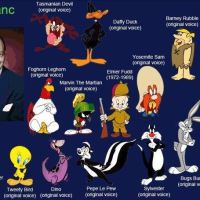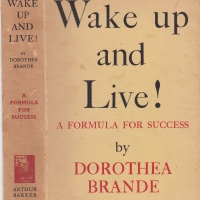GENDER TROUBLE by Judith Butler
“One is not born a woman, but rather becomes one.” —Simone de Beauvoir
“Does the body rule the mind, or does the mind rule the body? I dunno – The Smiths (‘Still Ill’)
I have written this post – my first of 2024 – to help me to clarify some the mind (and body) blowing ideas contained in Judith Butler’s influential but still controversial book ‘Gender Trouble’ which was first published by Routledge in 1990.
At the heart of Butler’s treatise are two fundamental questions: What is a woman? What is a man?
In her 1999 preface to the 3rd edition, Judith Butler clarifies her intentions stating that one of her primary motivations was to challenge the restrictive definition of gender in feminist theory. She affirms that woman does not only exhibit her womanness through heterosexual coitus “in which her subordination becomes her pleasure.”
We are conditioned to accept the principle that power, reason and rationality should always be associated with masculinity while femininity is confined to a passive role of being in thrall to these qualities. Under the rigid terms of paternal law “the female body [is] characterized primarily in terms of its reproductive function.”
One of the main criticisms of ‘Gender Trouble’ is that it is written in a heightened academic style which many have found both incomprehensible and pretentious. Butler insists “I am not trying to be difficult” yet acknowledges that the book is not written in a populist style. Her defence is that complex subjects do not lend themselves to simplification : “If I treat that grammar as pellucid, then I fail to call attention precisely to that sphere of language that establishes and disestablishes intelligibility.”
Continue reading












